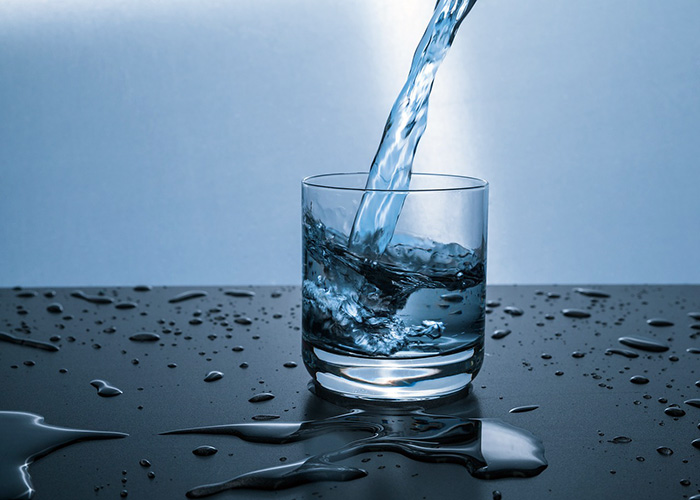Lead poisoning is still a common problem that families may face, even with the regulations and guidelines adapted over the past few decades. The regulations are set in place to help eliminate the use of lead in certain areas or decrease the amount of lead concentration exposed to an individual. Some of the most common lead sources could be older buildings, your drinking water, or even in the soil below!
With children being more prone to absorbing lead, some of the main areas of exposure could be at their public or private school, a day care, or even at home. For New Jersey residents, starting in the 2021-2022 school year, schools will begin a new pattern of testing for lead on a 3-year basis. The next time they test would be during the 2024-2025 school year and if needed, schools can be reimbursed for testing costs. This includes all public, charter, renaissance, and private schools; along with jointure commissions, educational services commissions, and state-funded early childcare facilities. Lead can enter the drinking water through plumbing materials. With children spending a majority of their days at school, it’s important to ensure lead isn’t contaminating the facility.
With the event of COVID-19 this year, homes should also be double checked for lead contamination if possible. Many children are still at home and can’t risk going back to school yet, so testing your own water is recommended to ensure no possible harm.
When comparing the New Jersey 2021-2022 guidelines with what Pennsylvania is currently doing, it seems as if New Jersey is taking further precautions. In Pennsylvania, schools may choose to test for lead on a yearly basis, but it’s not required. If testing is dismissed, the school must discuss lead issues at a public meeting whether it be a stand-alone meeting or the issue is included in a separate meeting. If there are increased levels of lead in the facility, then they’re required to report those levels to the Pennsylvania Department of Education (PDE) yearly. Although it seems as if PA is doing less to test for lead in schools, during the course of 2020, PA was given a $1.74 million federal grant to test for lead in the drinking water of schools around the state. You can check out more about what PA is doing to test for lead on the Pennsylvania Department of Education website.
It’s a difficult time due to the pandemic, with many families sending their kids back to school and others trying to come up with a solution for virtual or home schooling. Lead contamination and other issues may not be at the forefront of the conversation, but we should still be wary of what can lurk around the corner, or more so in our pipes and facilities. If you have questions about any of the information mentioned, contact us and we can fill you in!

